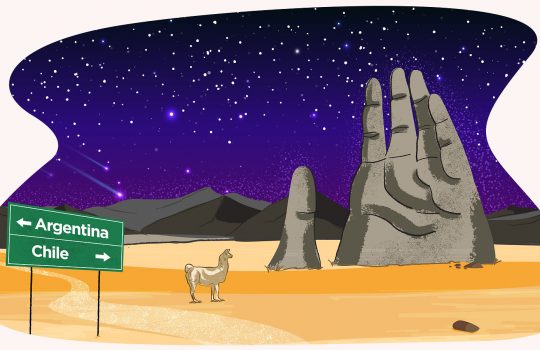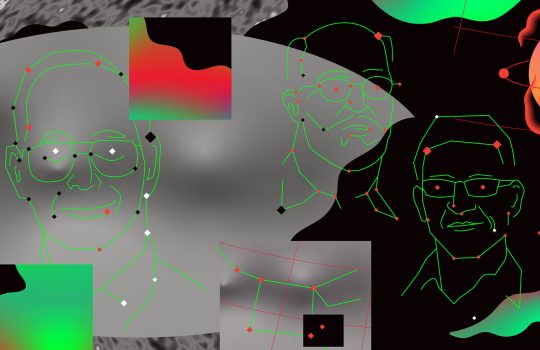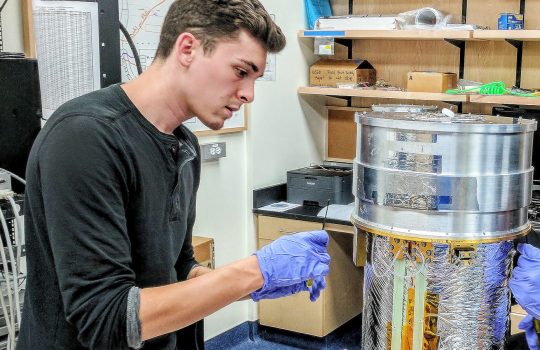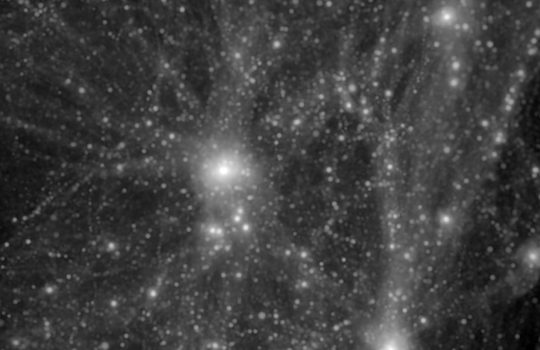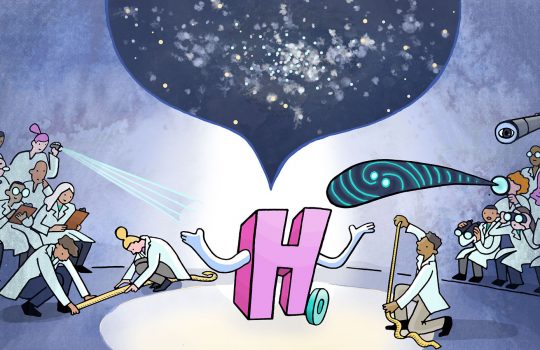Astronomers use giant galaxy cluster as X-ray magnifying lens
From UChicago News, Oct. 15, 2019: Astronomers at the University of Chicago, MIT and elsewhere have used a massive cluster of galaxies as an X-ray magnifying glass to peer back in time, to nearly 9.4 billion years ago. In the process, they spotted a tiny dwarf galaxy in its very first, high-energy stages of star formation. Fermilab and University of Chicago scientist Brad Benson is a co-author of the study.

